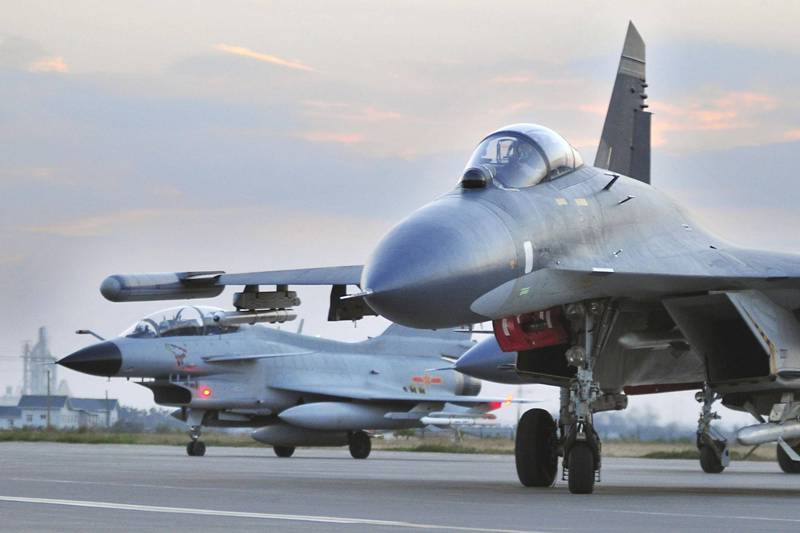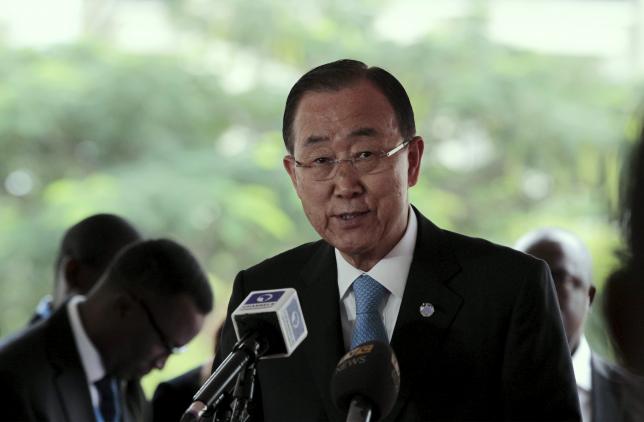
China warns foreign planes entering defense zone
China said it has begun issuing warnings to foreign military planes entering its self-declared air defense zone over the East China Sea amid heightened tensions with its neighbors, especially Japan.
Bitter rhetoric between the neighbors has spiked since Japanese Prime Minister Shinzo Abe made a late-December visit to a war shrine in Tokyo that outraged Beijing. Abe this week compared the tense relationship to the pre-World War I rivalry between Britain and Germany. Japanese officials say the comment was meant as a warning to avoid war.
Chinese state media quoted air force spokesman Shen Jinke as saying several kinds of Chinese planes recently patrolled the sweeping zone that was declared in November. He said the planes identified several foreign military aircraft, flew alongside them and issued them warnings. He didn’t identify the planes or say when the patrol was conducted.
The zone is a “purely defensive measure that conforms to international practice,” Shen said.
The U.S., Japan and other countries denounced the zone’s declaration in November as provocative and said they would ignore China ‘s demands that their military aircraft announce flight plans, identify themselves and follow Chinese instructions. China has said it would take unspecified measures against aircraft that disobey.
In a policy address Friday in Tokyo, Abe reiterated Japan’s position, saying it would “not tolerate any attempt to change the status quo by force.” He said Japan would beef up its defensive capabilities “in order to defend the safety in the southwestern region, as well as the vast sea and airspace around Japan.”
The zone is seen primarily as targeting Japanese and U.S. military flights over the East China Sea. Its declaration followed more than a year of heightened tensions between China and Japan over control of a series of tiny uninhabited islands in the East China Sea. The zone pointedly incorporates the island chain, known as Senkaku in Japanese and Diaoyu in Chinese, which are controlled by Tokyo but claimed by Beijing.
The zone also incorporates a vast area of international airspace from Taiwan to the Korean Peninsula and overlaps in places with zones enforced by South Korea and Japan.
China and Japan have been engaged in a heightened war of words since Abe visited the Yasukuni shrine honoring war dead, including commanders executed as war criminals for committing atrocities in China and elsewhere during World War II. China has furiously protested the visit and launched a new round of invective against Japan in international media and diplomatic circles.
Abe says the visits are intended to pay homage to those who died and to show his commitment to pacifism, not to praise war criminals.












